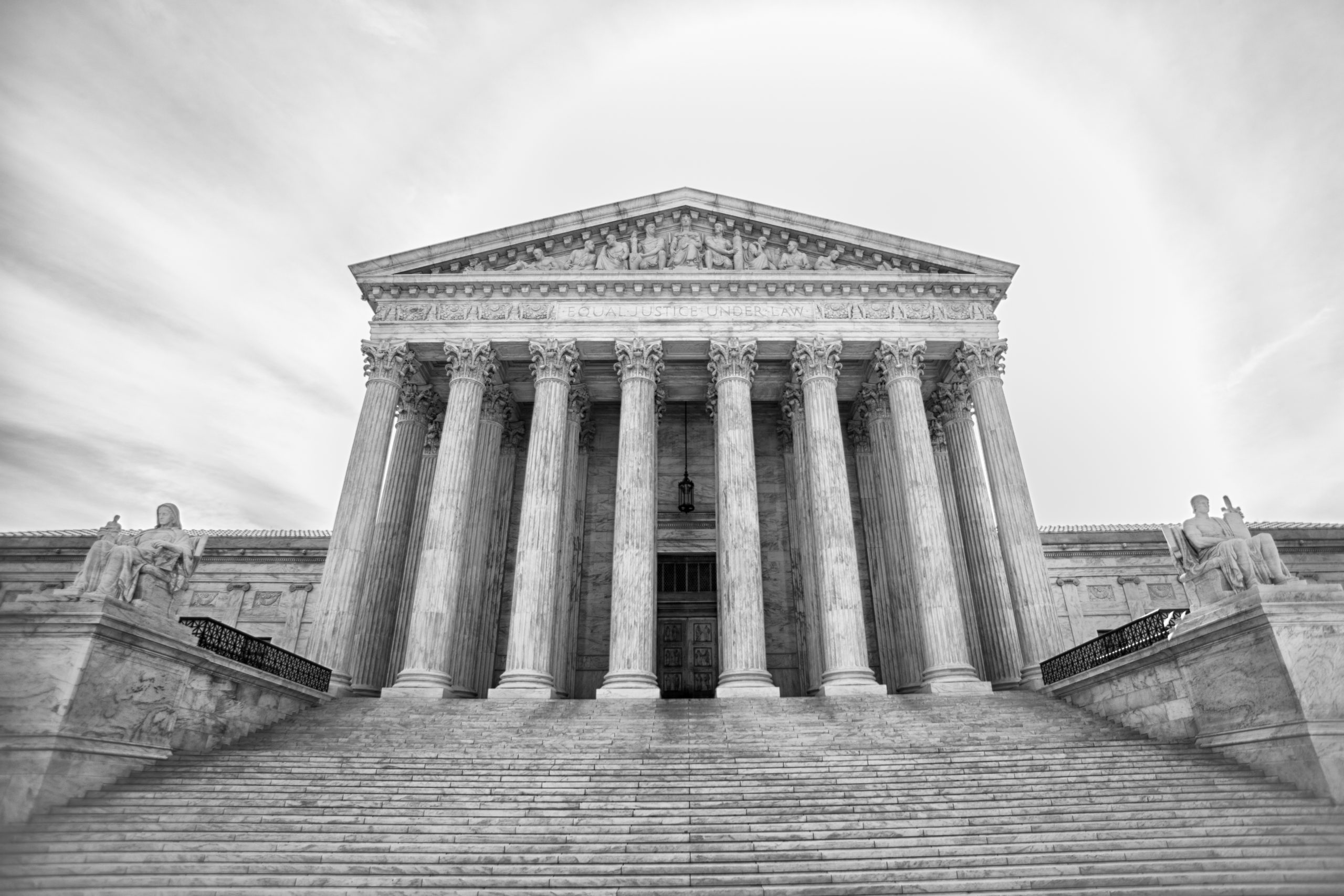Supreme Court To Hear Two Landmark Social Media Cases

A pair of watershed cases will be presented to the Supreme Court this week that will go far in deciding the direction of free speech and online content for many years to come.
Make no mistake. The future of social media and possibly the internet itself is at stake when the Supreme Court hears two watershed cases involving online content. Both involve social media platforms and the terrorist organization ISIS.
The first case, Gonzalez v. Google, began with the radical Islamic terrorist attack on Paris and the suburb of Saint-Denis in 2015 that killed 137, including seven terrorists. Targets included a soccer match, a theater, and multiple restaurants.
One of their victims was 23-year-old Nohemni Gonzalez, who was in France as an exchange student from California State University at Long Beach.
Her family sued under the Antiterrorism Act, contending that the presence of ISIS videos on YouTube meant the platform cooperated with terrorists. They did not contend that any of the terrorists saw or were influenced by the videos, only that the videos were there.
Their case has been pummeled the entire way up the judicial ladder, losing on every level. Google’s defense is simply that Section 230 of the Communications Decency Act renders it immune from civil liability, and now that argument is before the Supreme Court.
The second case was paired in the Ninth Circuit with Gonzalez v. Google. In Twitter v. Taamneh, the tragic incident occurred in Jan. 2017 when a gunman pledging loyalty to ISIS killed 39 and injured dozens more in an Istanbul nightclub.
As in Gonzalez, the U.S. family of one of the victims, Jordanian Nawras Alassaf, sued Twitter using the Antiterrorism Act. They assert that Twitter did not act aggressively enough to take ISIS down from the platform. They do not allege that the shooter was influenced in any way by the company.
This again brought Section 230 into play. Adopted in the early days of the internet, the 1996 regulation protected companies from being sued over information that their users posted online.
Industry advocates believe that this protection led directly to the meteoric rise of the internet and encouraged the taking down of harmful subject matter.
But critics charge that algorithms that point users into directions they are interested in fuel dangerous content. This pair of lawsuits may go far in deciding how most of the internet functions for decades to come, and the ability to search for information may be in for a dramatic change.
























